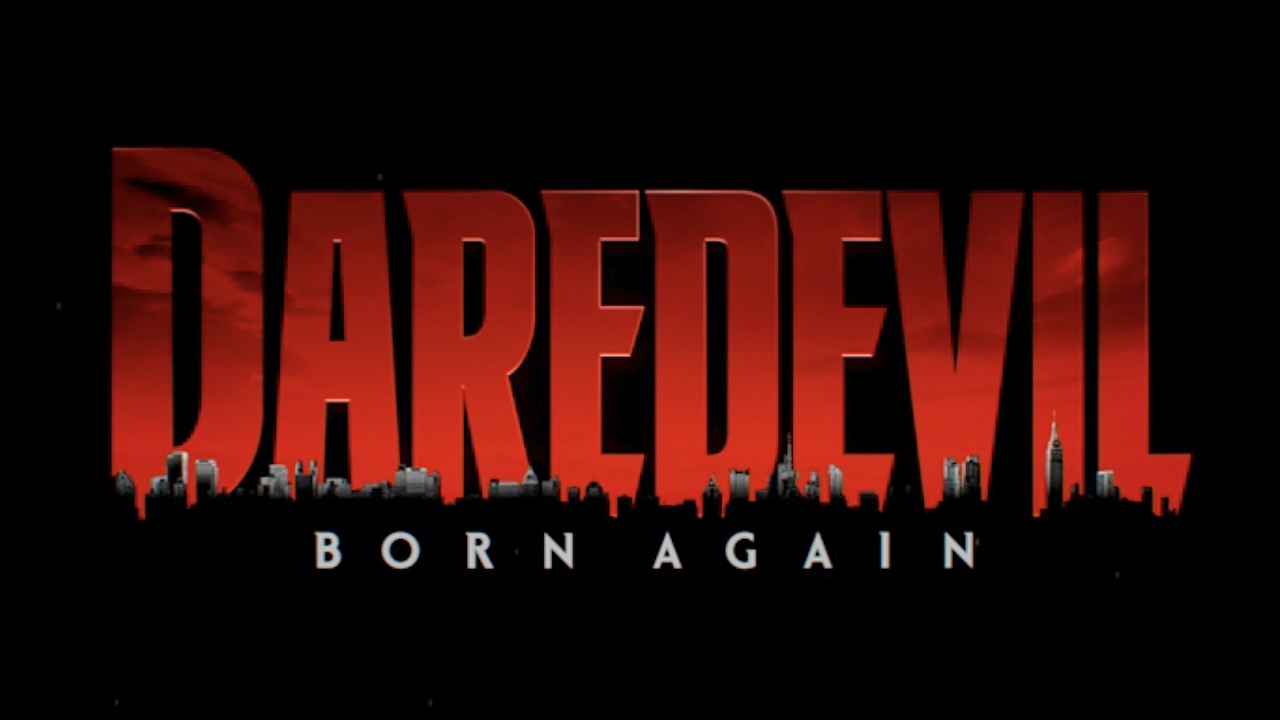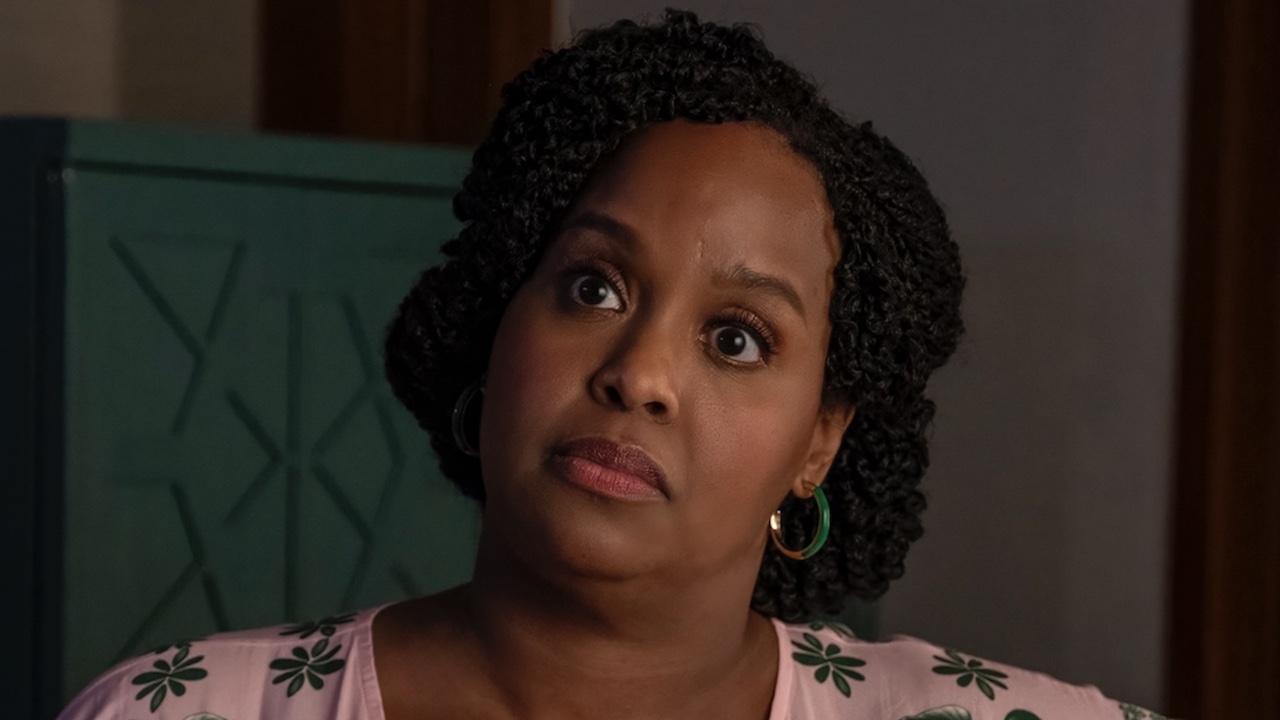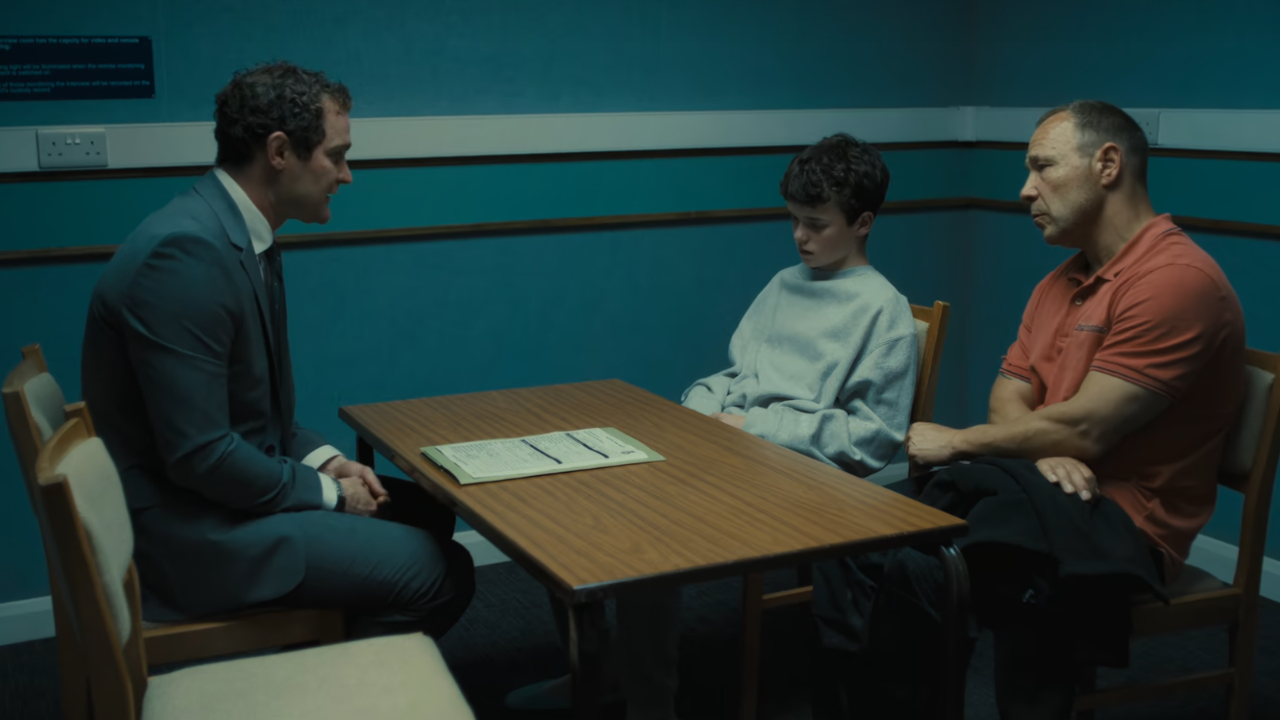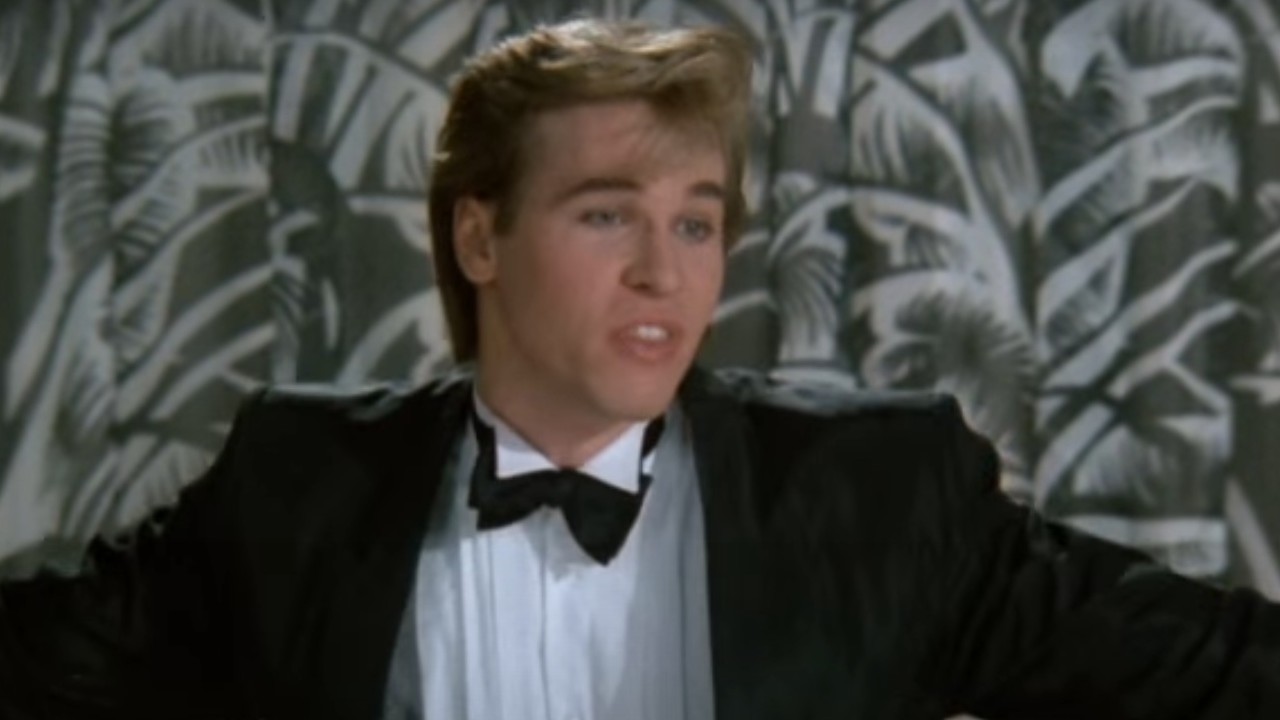Why Junji Ito Maniac: Japanese Tales Of The Macabre On Netflix Is The Perfect Introduction To Anime Horror
Because sleep is overrated.
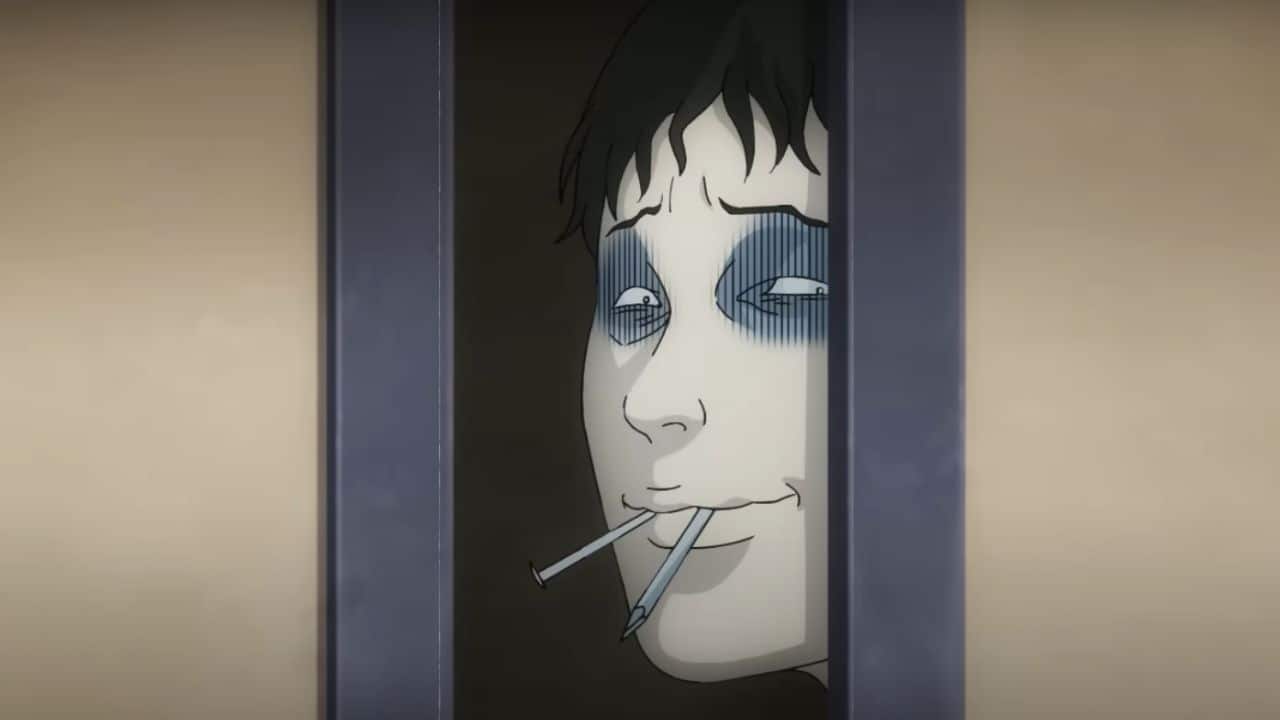
Anime is super popular, but if you ask most North Americans what their favorite anime is, they'll likely tell you something action-packed, like your Dragon Ball Z's, your Naruto’s, your One Piece's, or, if you're like me, your Attack on Titan's (which recently just ended).
But, there's a whole world of anime out there that isn't based on fantasy action, such as sports (Slam Dunk comes to mind), street racing (like Initial D from the ‘90s), romantic anime, you name it. If there’s any particular genre you can think of, then there’s likely an anime that goes along with it.
However, what I want to talk to you about today is horror anime, namely Junji Ito Maniac: Japanese Tales of the Macabre on Netflix, which I think you should check out if you're only familiar with action adventure anime.
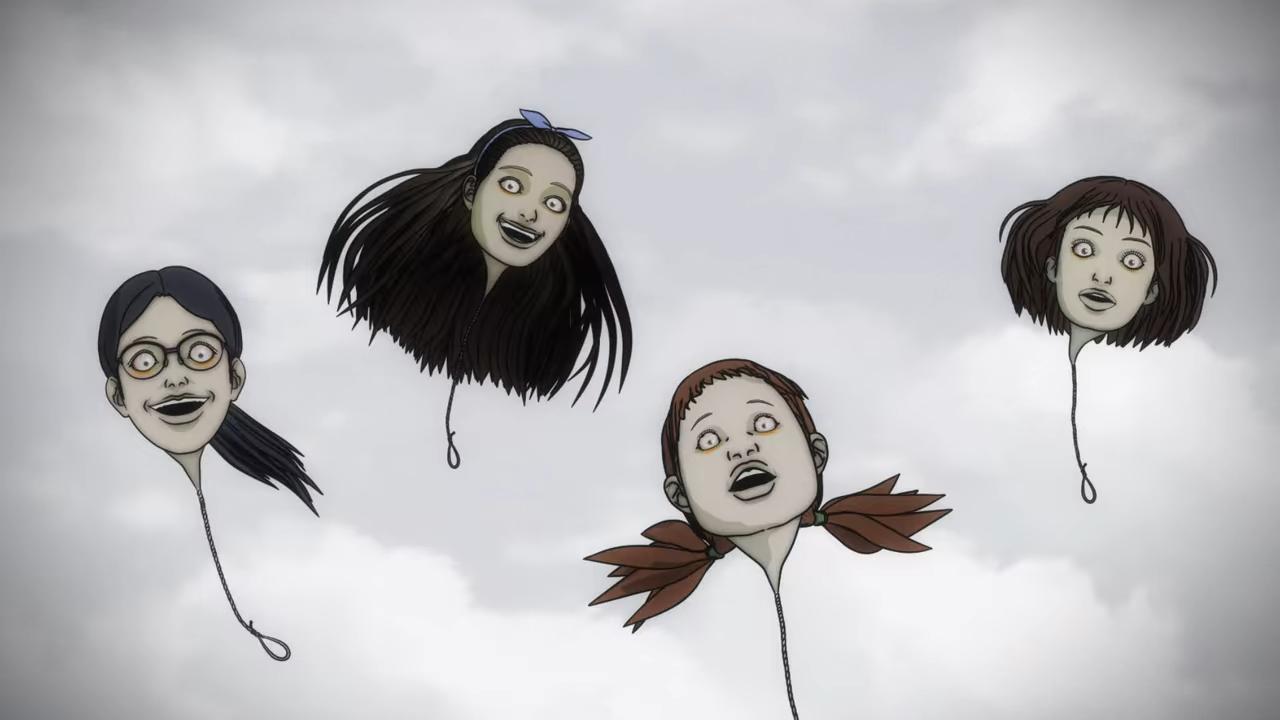
Horror Is A Fascinating Sub Genre Of Manga And Anime, And Junji Ito Is One Of Its Most Important Voices
The manga horror genre has some distinctive voices, namely Kazuo Umezz, Tomoki Izumi, and even Kentaro Miura, the creator of Berserk (which I really have to write about one of these days), but arguably, the leading figure in the horror manga movement has got to be Junji Ito. Hell, you can even find his manga, like Uzumaki, and Gyo, in Walmart, for Pete’s sake.
Being that Ito is such a prominent figure, it’s little wonder that Netflix would choose to go with his works for a series. And let me tell you, if you’re only familiar with popular anime like Demon Slayer, or My Hero Academia, then you might not even know how to approach Ito’s work, since it doesn’t really follow a lot of the tropes that make anime so mainstream these days.
Instead, his stories often dig deep underneath your skin, being more unsettling than outright scary. In other words, it’s not the kind of “horror” that you might find with a movie like Five Nights at Freddy’s, as that’s just not his style.
Instead, picture a town full of people’s floating faces with nooses dangling from where their necks should be, and the terror of going outside in fear of being lynched and hoisted up into the air. That’s the kind of nightmare fuel that you’ll get with Junji Ito. Ranking of Kings, this isn’t.
CINEMABLEND NEWSLETTER
Your Daily Blend of Entertainment News
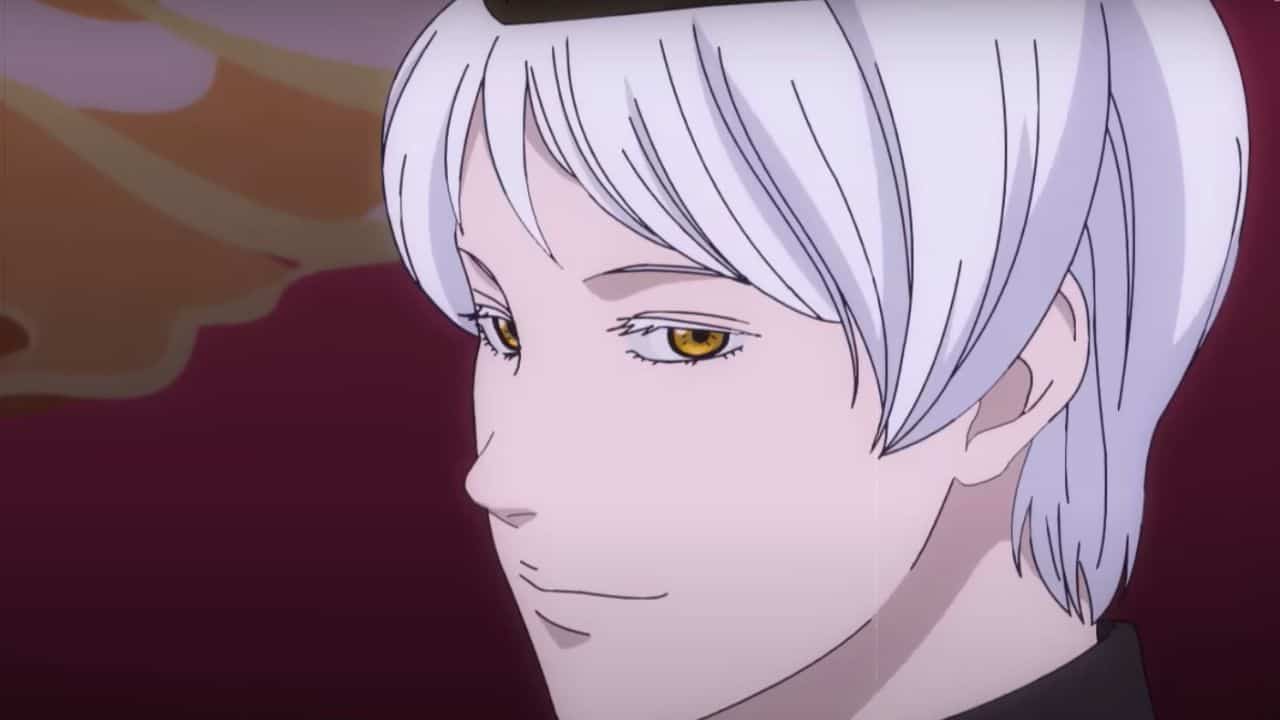
The Stories Are Unsettling, Especially If You’re Not Familiar With Japanese Horror
I kind of got into this point before, but even if you’re a lover of the best horror franchises like I am, that doesn’t mean you’re safe from the frights you’ll find with Junji Ito Maniac: Japanese Tales of the Macabre, since this horror is completely different from horror that you might be familiar with. In fact, these tales sort of remind me of the kind of horror movies that made me go to bed with the lights on, like The Ring, or The Grudge, which makes sense, because both of those films originally came from Japan.
One thing that has always bothered me is characters with long, black hair that covers their faces, so when I read that one of the titles to an episode here was called, “The Long Hair in the Attic,” I of course got goosebumps, and the episode, short as it was, did not disappoint. Because of course I had trouble sleeping that night.
It’s the structure of the episodes that is often super unsettling. Some feature only one story, while others feature multiple stories. The really brief episodes are the most unnerving, since they often conclude without any sort of resolution.
Like, you just have to deal with a child sliding apart like ice cream in his father’s arms, and that’s it. Pleasant dreams. In other words, it’s a brand of horror that I’m not really comfortable with, which of course makes it all the more effective.
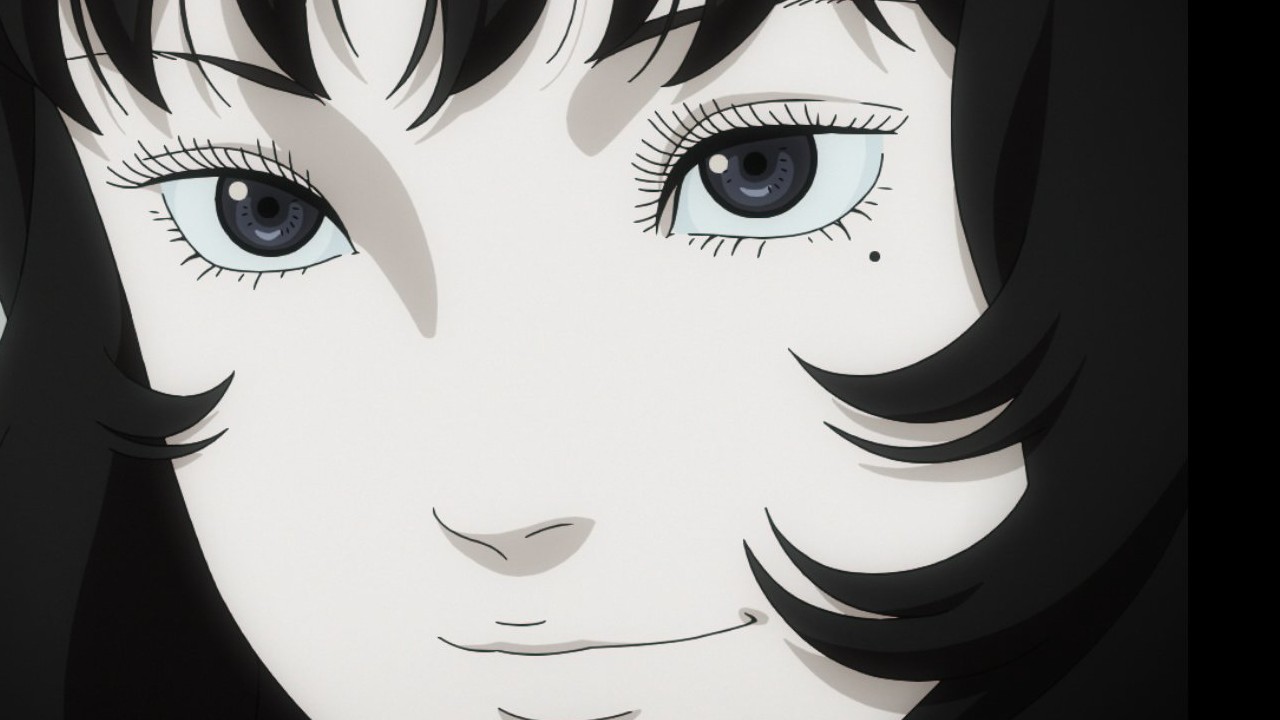
The Stories Feel Distinctly Japanese
Another thing that makes these horror stories effective is just how Japanese they feel. A good cinematic reference point would be the classic Japanese film, Ugetsu, a ghost story which was based off of the book, Ugetsu Monogatari, by the author Ueda Akinari.
In the movie, which is two tales from the book, we get a story of a man who wants to become a samurai, and abandons his wife, and a concurrent story of his friend who falls in love with a ghost, and leaves his family behind.
While yes, Ugetsu is a ghost story, it’s one that feels unique because it’s not the kind of tale that we would find here in the States. And the same goes for the horror in Junji ito Maniac: Japanese Tales of the Macabre.
This might be why I don’t really see where any of these stories are going, or why the characters act in the way that they do. The houses, buildings, and environments are also set in Japan, but not in a fantastical, or cute version of Japan, but rather, one that is sometimes mundane, sometimes drab, but always like it’s hiding something, which might be another reason why I always felt so tense while watching this series.
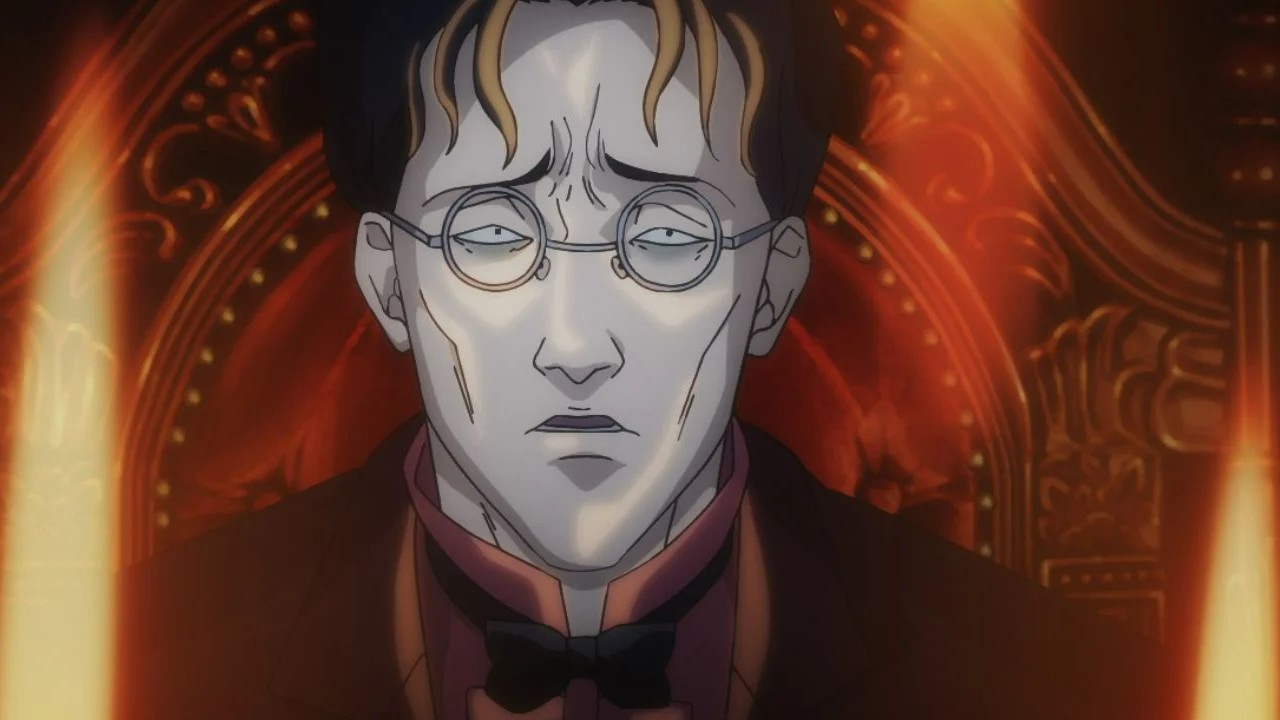
The Visual Style Is Casually Unnerving
Ito’s style is super unique, and if you want to get a better sense of how he creates the way he does, then check out this video on Junji Ito’s work. It’s super fascinating. But anyway, the animation in Japanese Tales of the Macabre, is also what sets it apart from other anime, as it isn’t bold or expressive, which is not a slap in the face to the art style at all.
Instead, it’s the highest compliment I can give it, since if it was bold and expressive, I don’t think I would be as shaken by these stories as I am, because the art work here doesn’t get in the way, but rather, acts as a sort of launch pad to your imagination. For example, there’s a story here of a teenager who wants to study more, but he keeps hearing somebody scratching inside the walls of his house.
We’re actually shown who is doing the scratching, but the figure isn’t really all that scary. Instead, it’s the idea of somebody actually living inside of your walls, and the fact that the character can chase after them, as if the walls in his house are both cavernous, and yet, claustrophobic.
In fact, I find this style to be casually unnerving, which in actuality makes it SUPER unnerving, since you would think that something meant to chill you would be super LOUD, and IN YOUR FACE, but this isn’t. It’s just presented in a rather bland fashion, as if to say, there really is no difference between reality and what’s going on here, which in itself is a scary prospect to think of.
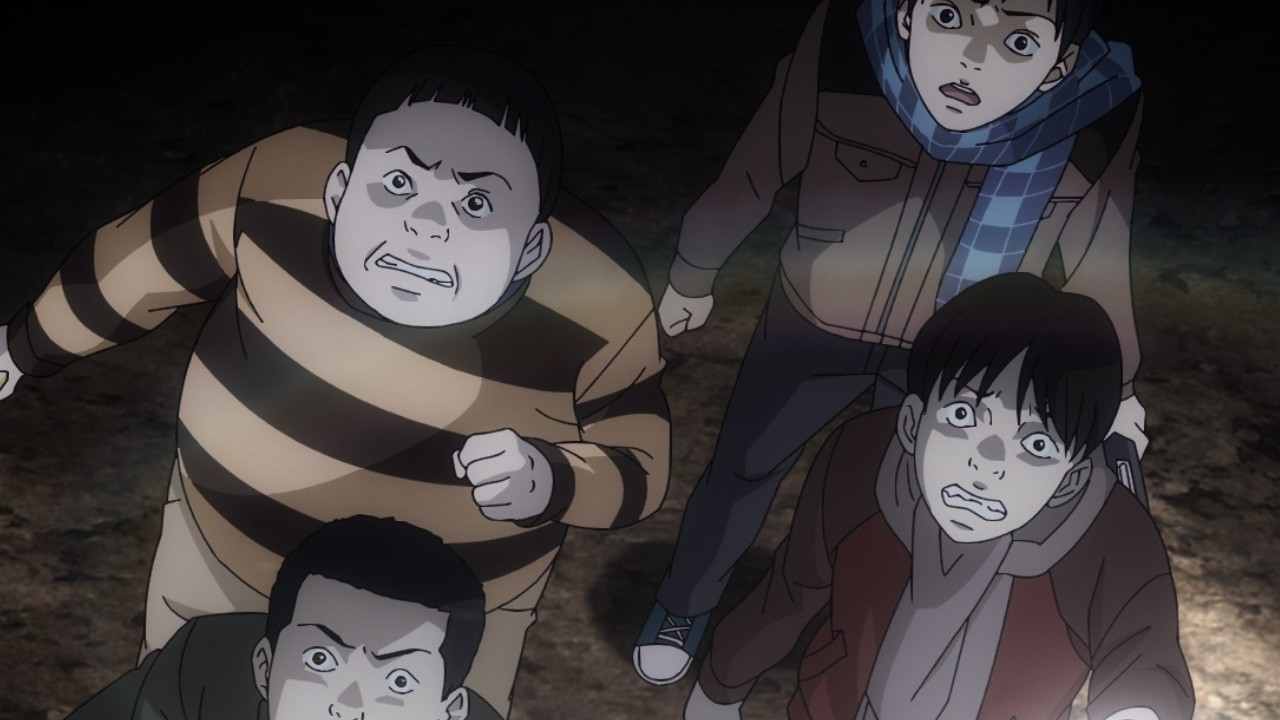
The Music Is Also Very Off-Putting, Which Is Perfect For The Eerie Tone
Attack on Titan is my favorite anime, and I wrote a whole article ranking the intro themes. Each theme was great, and each song was befitting of the stirring tone of the show. But, one song in particular really spooked me, which was the outro to Season 2, as it was super creepy.
Now, just picture that, but with every song in Japanese Tales of the Macabre. Sure, the intro to the show is kind of loud and annoying, but the rest of the music, sparse as it is, is super effective. My favorite song, which I would never skip, was the outro, which features some upbeat math rock, and then disturbing imagery, like a boy with nails in his mouth stepping inside of a television, and just sitting inside of it, looking physically ill by what he’s seeing.
Really, this show is the complete package, and if you’re interested in getting a better feel for anime horror, then Junji Ito Maniac: Japanese Tales of the Macabre is a good place to start!

Rich is a Jersey boy, through and through. He graduated from Rutgers University (Go, R.U.!), and thinks the Garden State is the best state in the country. That said, he’ll take Chicago Deep Dish pizza over a New York slice any day of the week. Don’t hate. When he’s not watching his two kids, he’s usually working on a novel, watching vintage movies, or reading some obscure book.
I Love Anna Kendrick And Blake Lively Coordinating In Black Ahead Of Another Simple Favor's Premiere (But I'm More Obsessed With Paul Feig Giving A Toast)
Netflix’s Avatar: The Last Airbender Will Feature A Toph Who’s ‘Slightly More Feminine’ Than Her Cartoon Counterpart, And I Have Mixed Feelings
